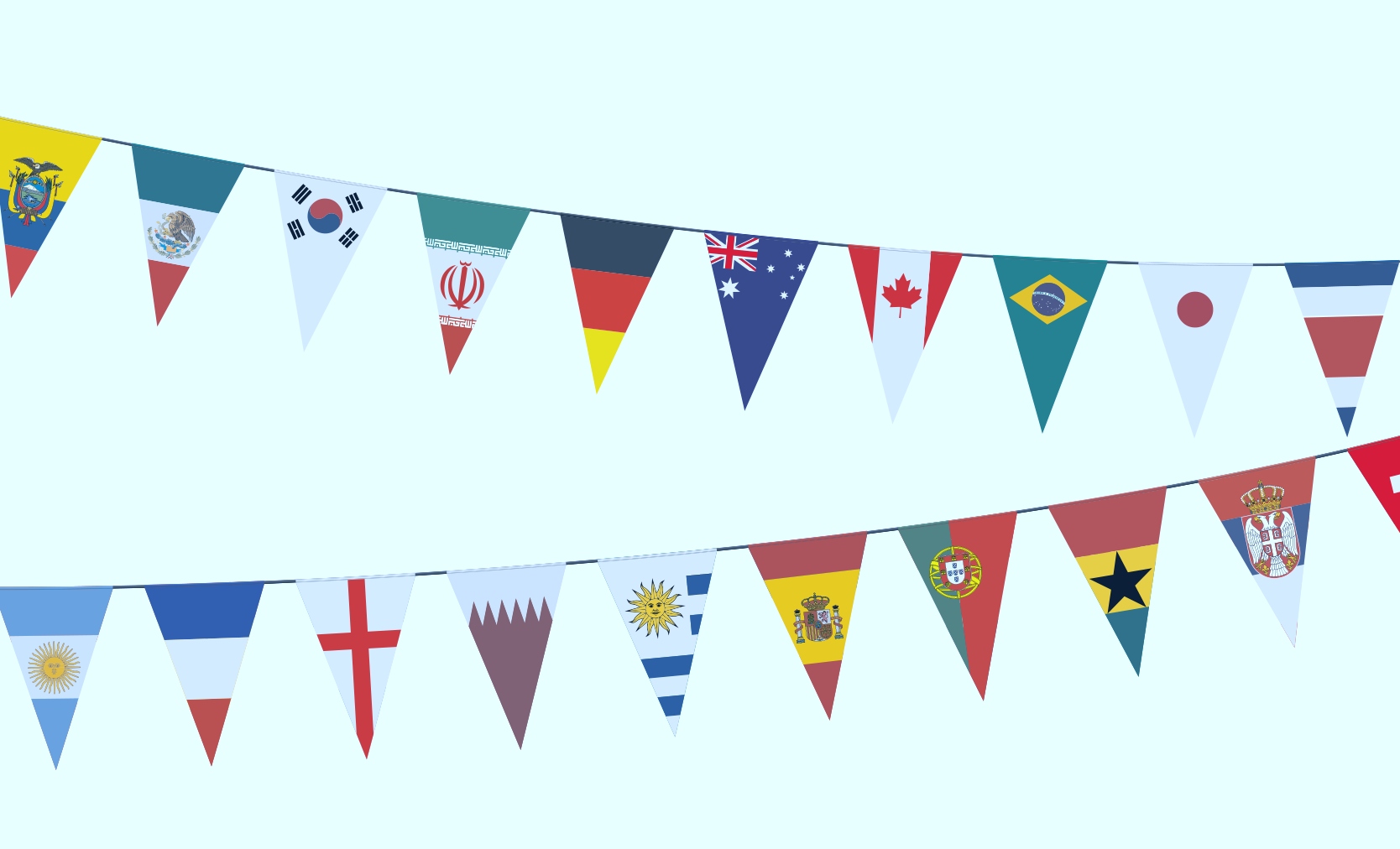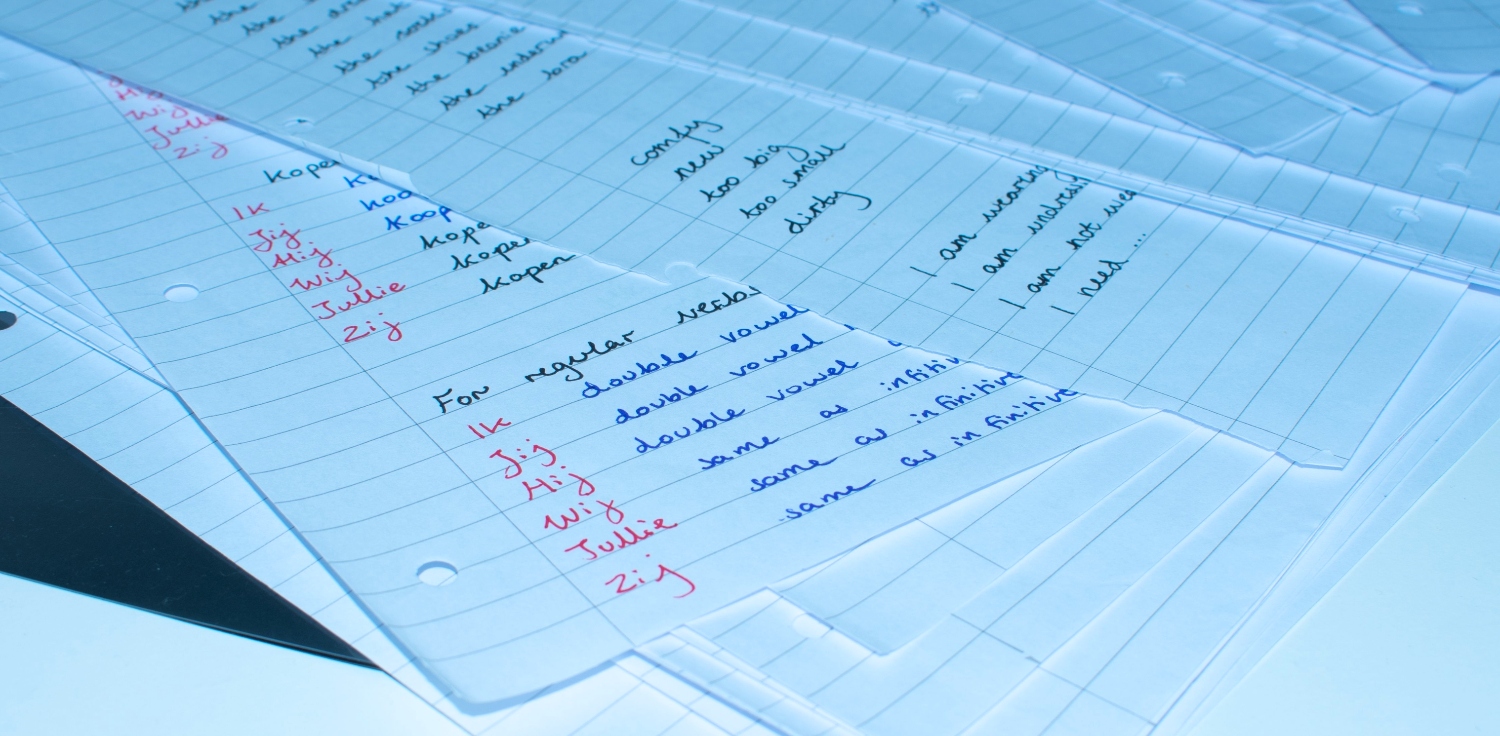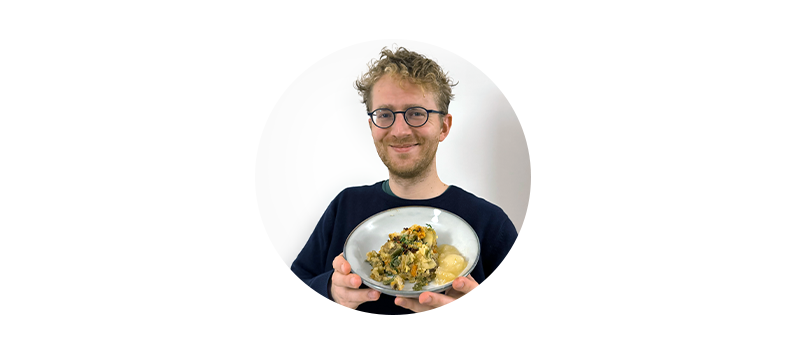Why is it ik durf (I dare) but wij durven? And why do you write cafés as one word but add an apostrophe to baby’s? If you were born in the Netherlands, you rarely think about these things. In the intensive summer course Social Dutch 1, students learn Dutch grammar rules at lightning speed. Resource joined the class for a morning.
‘Is it markts or markten? Markts sounds better.’ Behind me, two students are practising plural forms. It’s day 3 of the Social Dutch 1 course. During this course, students are rapidly prepared for everyday conversations in Dutch.
Around half past nine – the Wageningen quarter applies here too – today’s 16 participants have trickled in. The day begins with everyone telling each other how their evening went. Was it leuk, rustig or niet speciaal? Also on today’s programme: describing your family, telling something about yourself (‘ik ben best wel lui’) and numbers above 100.
Social Dutch 1 is given five times a year and is intended for WUR students and staff. It is free if you attend at least 80 per cent of the lessons. The summer editions of the course are tough: five days of lessons, both in the morning and in the afternoon, plus homework for the next day.
Yesterday I read an article in Dutch and I thought: wow, I understand most of what’s written here
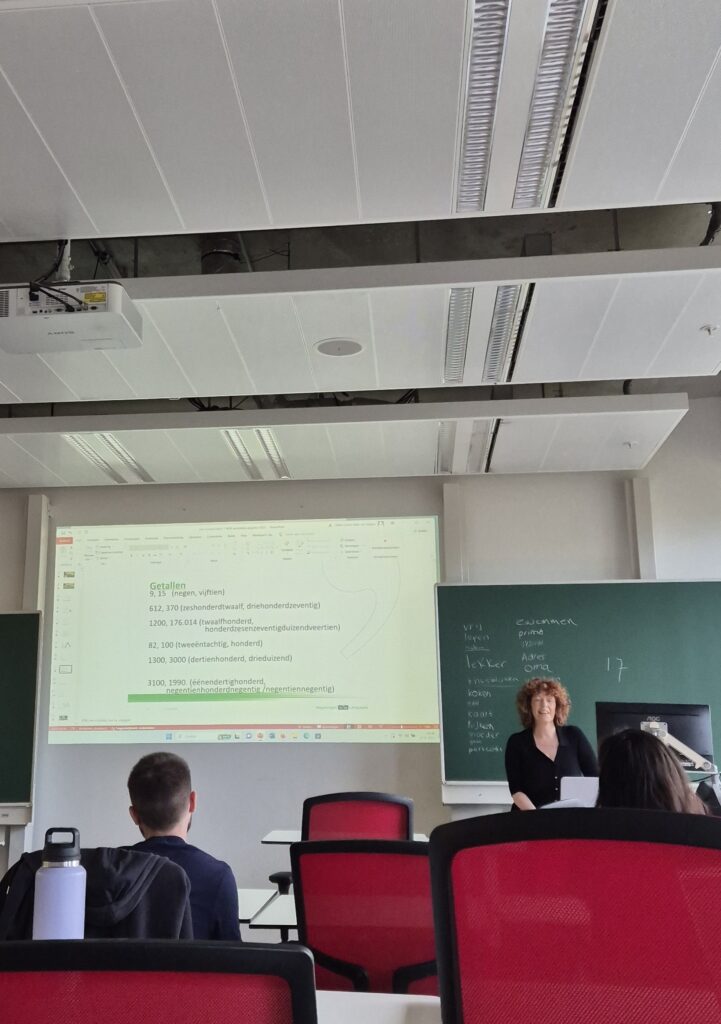
Belén (Master’s student in Development and Rural Innovation from Ecuador) has been in the Netherlands for a year now. ‘I wanted to enrol in this course earlier, but it always fills up very quickly.’ She thinks it’s an advantage that the course is in the last week of the summer holidays. ‘I don’t have any other lectures at the moment, so I can fully focus on Dutch.’ And it’s working. ‘Yesterday I read an article in Dutch and I thought: wow, I understand most of what’s written here.’
Amir (Master’s student in Environmental Sciences from Iran) had been practising Dutch with Duolingo for a while. ‘You learn a lot of words there, but I missed the explanations. Why is the verb in a certain place in the sentence or how do the conjugations work?’ He expects that after this course he will be able to use the Dutch he has learned quickly. ‘When I go out with Dutch friends, they have to switch to English especially for me. That sometimes feels a bit awkward. If I can join in the conversation a little, I feel more included.’
Now let’s hope the Dutch cooperate a little. ‘I often start a conversation in Dutch, but get a reply in English,’ says Amir. ‘I get the impression that many Dutch people think: It’s cute that you’re trying, but I really don’t have time for this.’
Translated with help of DeepL.com

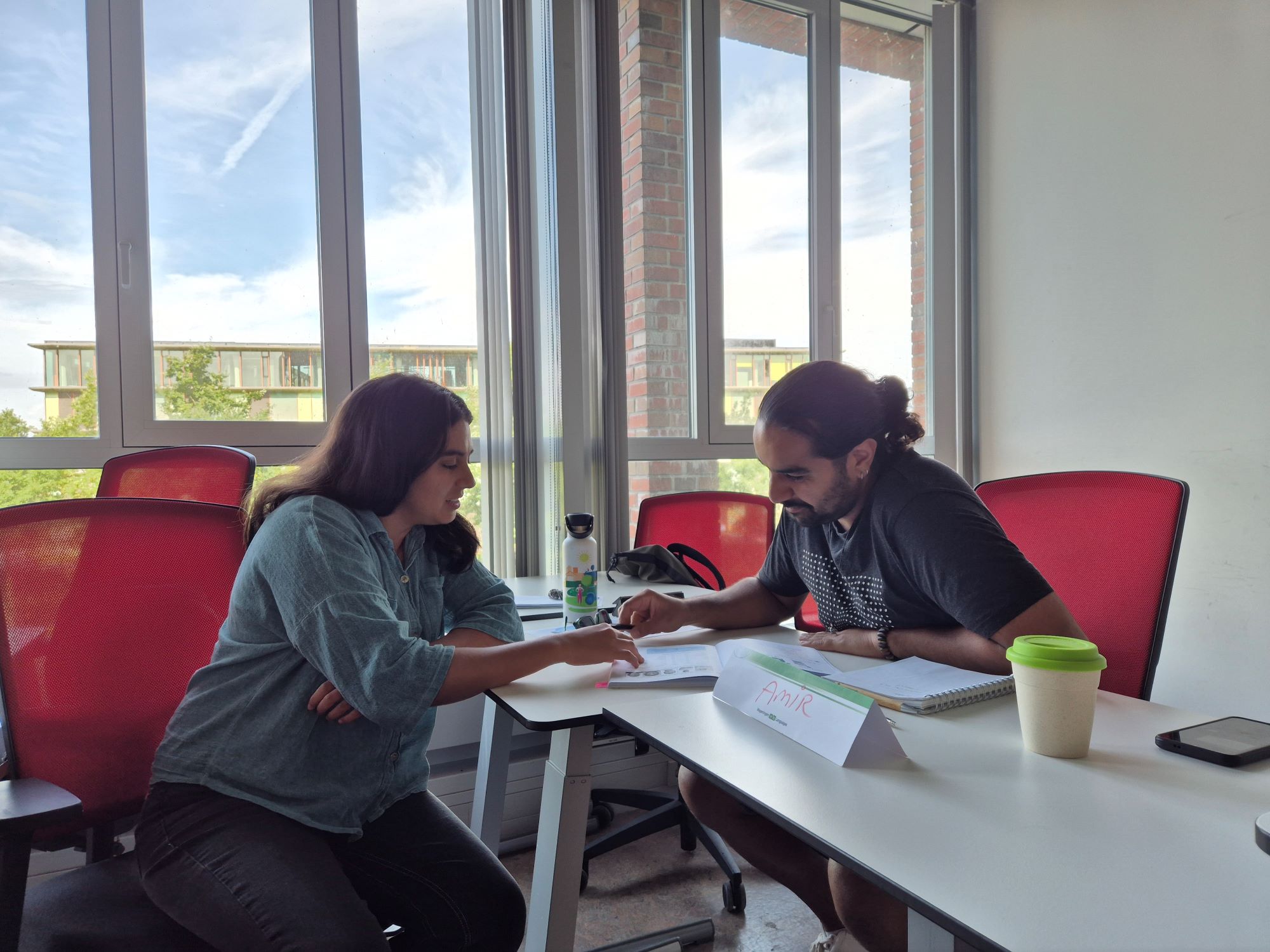 Belén and Amir doing an exercise together. Photo Resource
Belén and Amir doing an exercise together. Photo Resource 